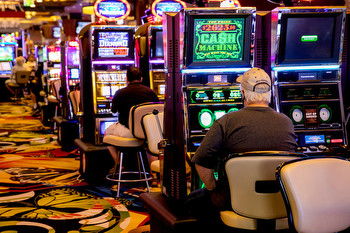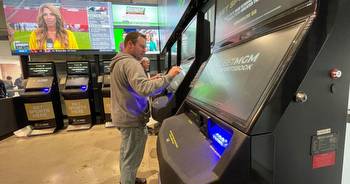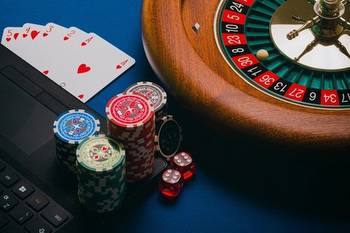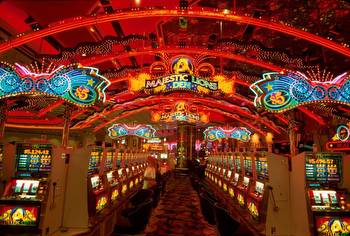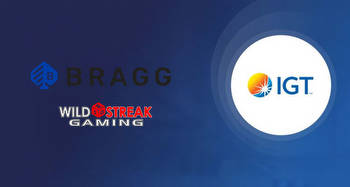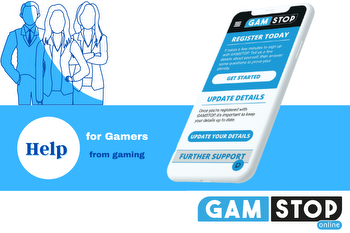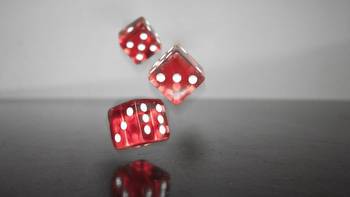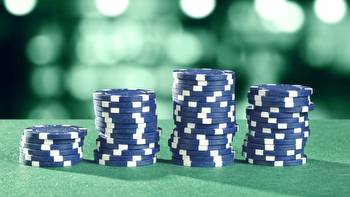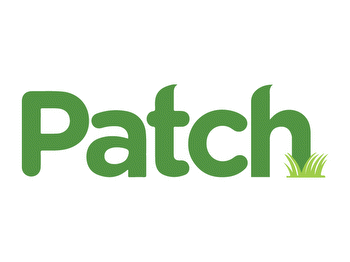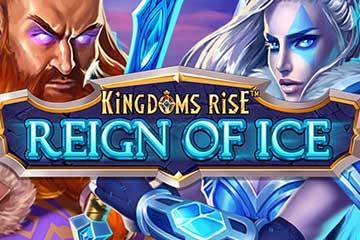Gambling is a ‘profit deal’
Steve Martin plays the intellectually challenged character Navin Johnson in the 1979 movie, “The Jerk.” Navin’s lack of weight-guessing ability at the fair is losing money for the owner. Informed of this, Navin responds, “I get it, this is a profit deal!”
The same insight came to me 32 years earlier. Dad had been invited to teach a USC summer session. After exams, we traveled up California’s scenic Highway 1 to San Francisco. Dad wanted to visit the parents of one of his graduate students. They lived in what then seemed to me a huge, multistoried house.
The owner, not wishing to include me in grown-ups’ talk, handed me a straw hat filled with slugs the size of five-cent nickels and showed me a staircase to the attic. That’s where I was to play with slot machines until called.
Since I was carrying a small spiral notepad and pencil, I saw this as an opportunity for research. I made a mark for each slug inserted in the machine and for each one it coughed up that clanked in the tray.
Always careful with my newspaper delivery money, that was the day I decided to opt for saving, rather than gambling. It’s not that I never go into casinos. I do. I once interviewed a fellow in Vegas who seemed to know the payout percentages of every slot machine in town. Casinos are a significant subset of America. I just don’t leave any money there.
Gambling has a long history among Homo sapiens. The first “dice,” made of animals’ teeth, date from 3000 B.C. But they were primarily used for divining the future rather than betting on it. Venice had the first casino in 1638. And though church basement Bingo has lost popularity, friends’ weekly poker games and other betting continues.
Today’s increases in problem gambling and addiction are consequences of its commercialization. Gambling’s become a super-profitable industry. From 2021 to 2022 global gambling went from $287 to $456 billion, with projections of $840 billion by 2026.
Meanwhile, risks of gambling addiction grew 30 percent from 2018 to 2021. 5 percent of those from 11 to 17 are showing signs of problem gambling. Gambling addiction is increasingly recognized as a brain disease, like addictions to alcohol, nicotine or other drugs.
Addicts are moneymakers. Drug dealers give free first doses. Sports gambling gives free first bets. Gambling soon becomes for many like a pandemic with no vaccine — impacting others like the secondhand smoke from cigarettes.
The industry uses technology, marketing and advertising manipulation to spread its tentacles throughout our society and grow its customer base. States like Iowa, once criminalizing gambling, now profit from lotteries and their take of casinos’ profits. Anyone with a smartphone is a potential customer for the gambling industry — from anywhere and at any time.
Want to know more? Take the advice of Woodward and Bernstein’s source, “Deep Throat”: “Follow the money.” In the long game the house always wins. Commercialized gambling is, indeed, “A profit deal.”
Nicholas Johnson is waiting for sports’ next gambling-related scandal. Contact mailbox@nicholasjohnson.org










